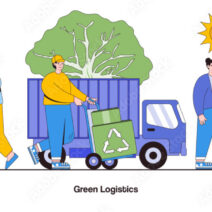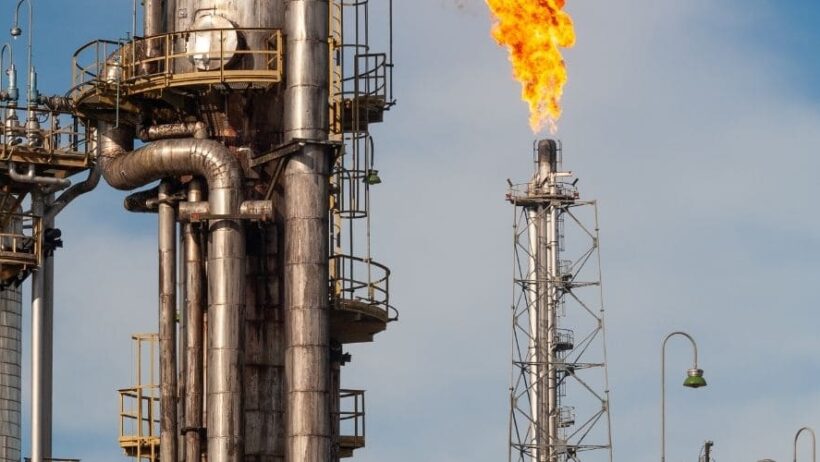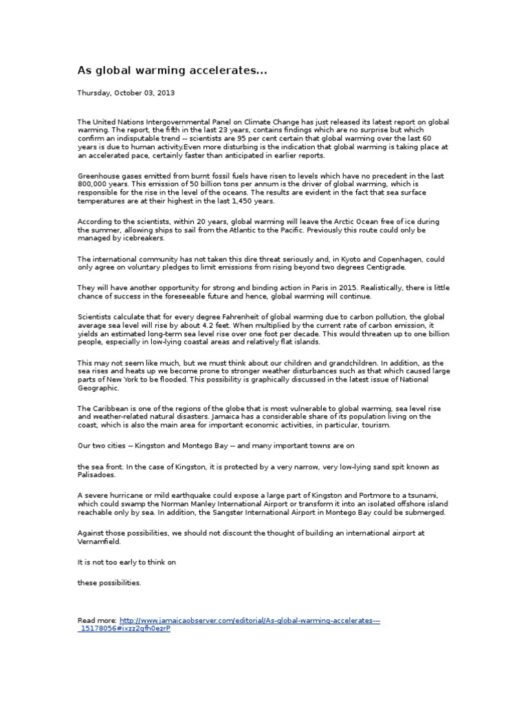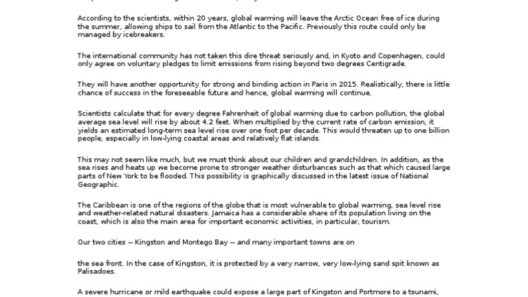Fossil fuels have been the linchpin of global economic development for over a century. Their prominence evokes a fascinating paradox: while they have catalyzed human progress, they simultaneously incite ecological degradation and accelerate climate change. The sheer dependence on these carbon-rich energy sources undergirds an addiction that has myriad implications for both our planet and future generations. As the world’s energy consumption trends toward fossil fuels, it begs the question: what deeper issues lie beneath our unwavering reliance on these energy-dense hydrocarbons?
Firstly, the allure of fossil fuels is rooted in their accessibility and energy density. Oil, coal, and natural gas possess an intrinsic capability to produce vast amounts of energy from relatively small volumes. This efficiency has driven industrialization, transformed nations, and enriched lives, contributing to advancements in transportation, manufacturing, and agriculture. However, this energy boon comes with significant costs, both visible and insidious.
One glaring consequence of fossil fuel consumption is the pervasive increase in greenhouse gas emissions. Carbon dioxide (CO2), methane (CH4), and nitrous oxide (N2O) released during fossil fuel extraction, transportation, and combustion are leading contributors to global warming. The Intergovernmental Panel on Climate Change (IPCC) has consistently shown a clear correlation between fossil fuel usage and rising global temperatures. Even a cursory glance at climate data depicts a troubling trajectory: since the Industrial Revolution, the Earth’s surface temperature has risen by approximately 1.1°C, a trend largely attributed to anthropogenic emissions.
The warming of the planet has precipitated a cascade of environmental phenomena, including extreme weather events, rising sea levels, and shifting ecosystems. Heatwaves, hurricanes, and droughts disrupt lives and livelihoods. Coastal communities face existential threats from rising seas, rendering some areas uninhabitable. The far-reaching ramifications of these changes prompt a deeper inquiry into humanity’s energy choices. The ongoing devastation reveals a glaring truth: our energy addiction is synonymous with an environmental crisis.
Further complicating this situation is the issue of energy equity. The burgeoning demand for fossil fuels underscores a grotesque disparity between the affluent and the impoverished. Developing nations, in their quest for economic progress, often mimic the fossil fuel-dependent trajectory of wealthier countries. This practice jeopardizes not only local ecosystems but also the global climate. A cycle ensues: industrialized nations, which have historically borne the brunt of fossil fuel consumption, disproportionately contribute to emissions while attempting to impose limitations on emerging economies. This imbalance casts a long shadow on international climate negotiations, where pledges for carbon neutrality often conflict with the immediate energy needs of developing countries.
Another aspect to consider in our dependence on fossil fuels is the ideological framework that supports it. The narrative of progress, growth, and convenience is potent, sustained by robust lobbying from the fossil fuel industry. The portrayal of fossil fuels as indispensable for modern life creates a pervasive sense of inevitability around their continued use. This mythos often overshadows alternative narratives, such as renewable energy advancements and energy efficiency. The psychological allure of fossil fuels, therefore, is not merely about energy but also tied to broader societal values and beliefs about what constitutes “progress.”
Nonetheless, the perpetual flame of fossil fuel consumption is gradually facing opposition. The tide is shifting as public consciousness heightens regarding climate change and sustainability. Grassroots movements advocating for renewable energy solutions are gaining traction. Technologies such as solar, wind, and geothermal are increasingly viewed as both viable and desirable alternatives. While the transition to renewable energy sources represents a monumental shift, it is imperative to confront the economic, infrastructural, and cultural barriers that hinder this evolution.
Policy frameworks and governmental intervention play crucial roles in this transformation. Investment in renewable energy technologies needs robust financial support and incentives. Governments must recalibrate their energy policies to bolster the renewable sector while phasing out subsidies that support fossil fuel enterprises. On another front, innovative practices like carbon pricing and cap-and-trade systems must be embraced to provide economic signals that reflect the true costs of carbon emissions.
Education and awareness also serve as cornerstones in the fight against fossil fuel dependency. By elucidating the environmental, social, and economic impacts of fossil fuels, communities can galvanize action towards sustainable practices. Investments in public awareness campaigns can dismantle the pervasive myths surrounding fossil fuels, fostering a culture that prioritizes sustainability. An informed populace is poised to advocate for systemic change, holding governments and corporations accountable for their environmental responsibilities.
In conclusion, the intricate web of fossil fuel dependence reveals not just an addiction to energy but an entrenchment in a system that prioritizes short-term gains over long-term sustainability. Addressing this phenomenon demands a multifaceted approach that encompasses technological innovation, policy reform, and societal change. Our energy choices have profound implications for the health of the planet and future generations. As stewards of the Earth, it is incumbent upon us to confront the hidden costs of fossil fuels and to embrace a path toward renewable solutions that safeguard our planet’s climate and resources. Only through a concerted effort can we extinguish the flames of our fossil fuel addiction and forge a sustainable future for all.





